Filter products
Immune system
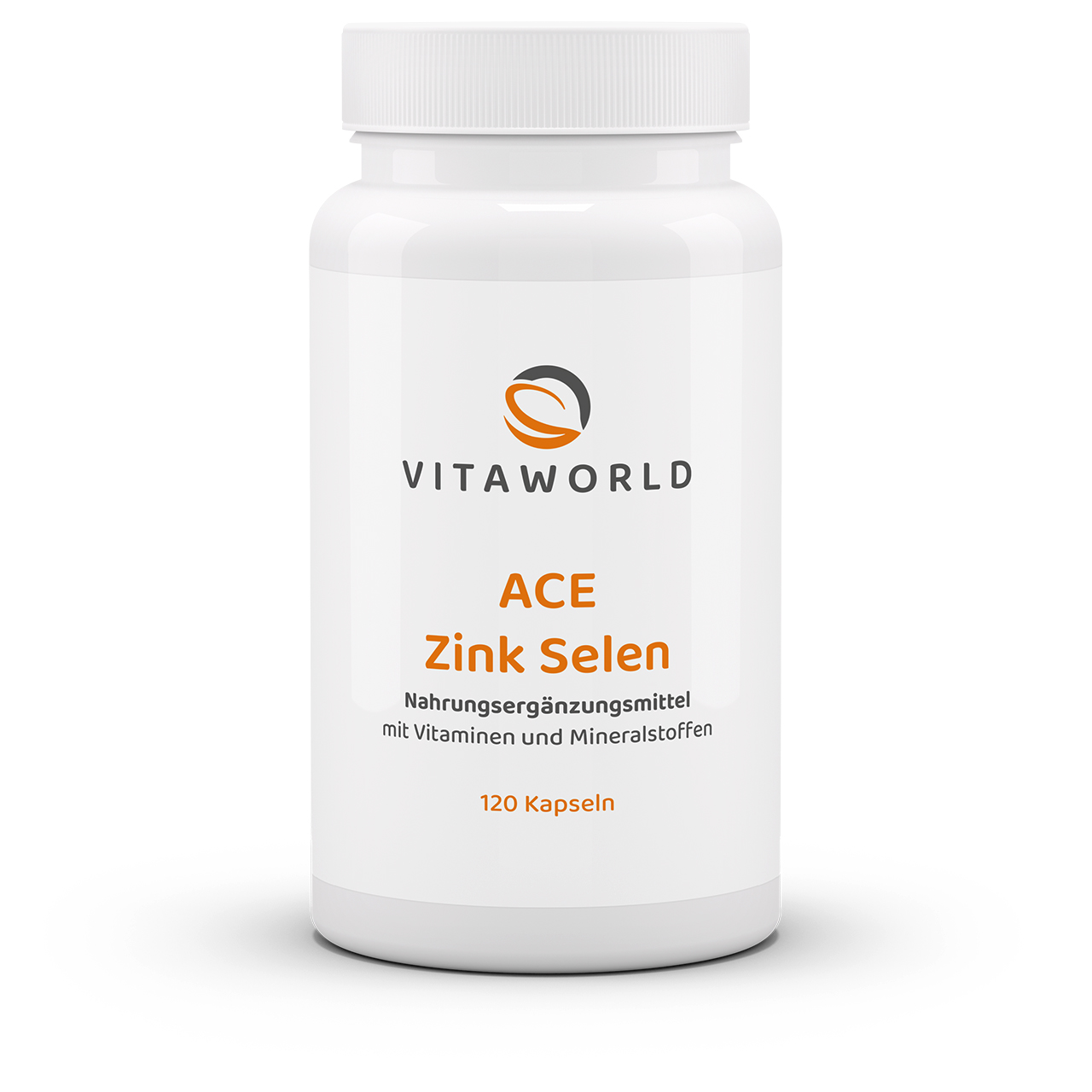
- Your daily protective shield – Feel confident throughout every season with vitamins A, C, E, zinc and selenium
- Radiance from within – Vitamin C protects cells from oxidative stress
- More energy, less fatigue – Vitamin C supports energy metabolism
Content: 0.048 Kilogramm (€289.58 / 1 Kilogramm)

- From nature, for your everyday life – With traditional almond mushroom
- Powerful dosage – High-quality extract in concentrated form
- Specifically standardised – With 20% polysaccharides for consistent quality
Content: 0.0595 Kilogramm (€334.45 / 1 Kilogramm)

- A powerful combination for your active everyday life – with arginine, lysine and ornithine
- amino acids plus zinc and vitamin C – carefully combined
- for those who want more: three amino acids and two essential micronutrients
Content: 0.0732 Kilogramm (€176.23 / 1 Kilogramm)
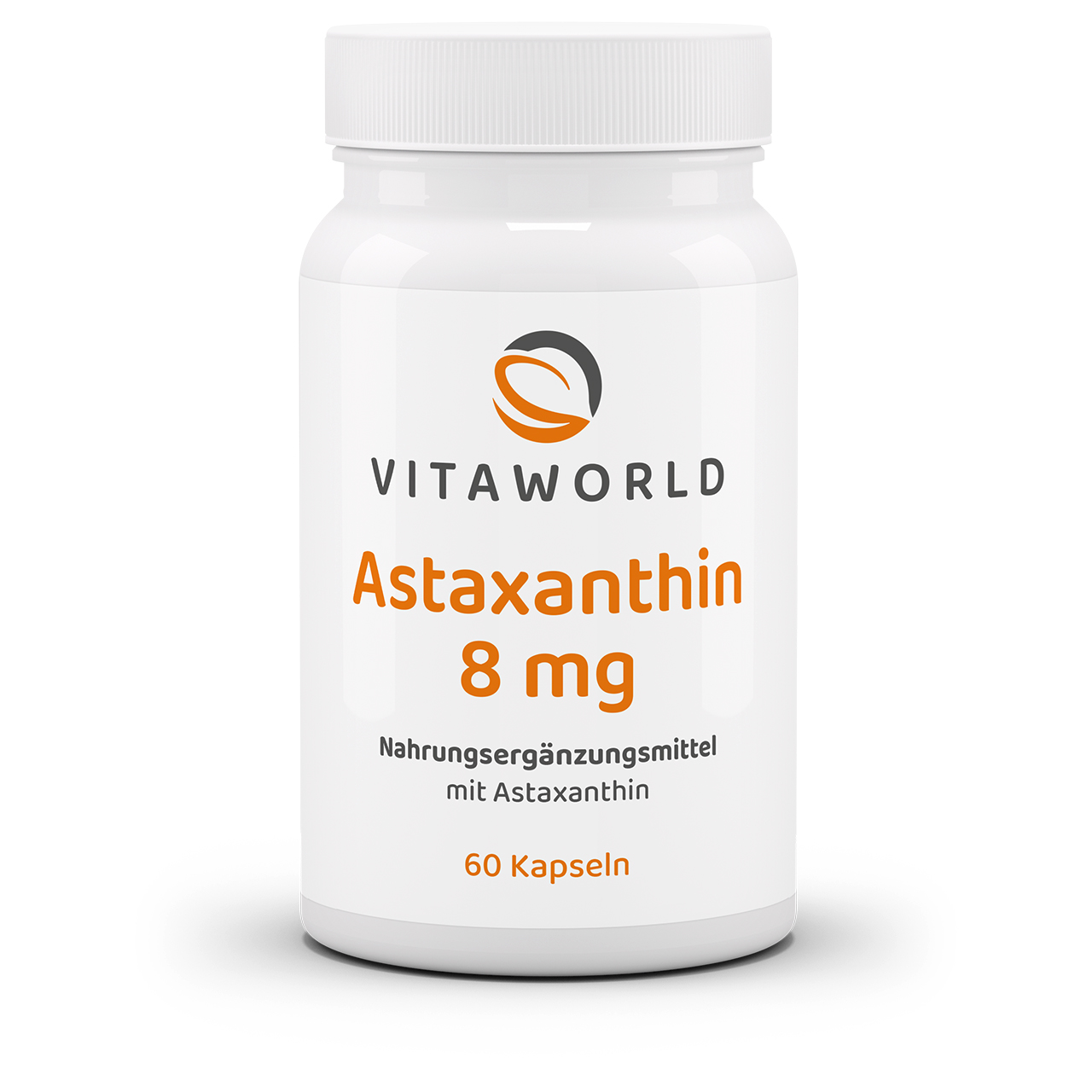
- 100% natural astaxanthin from Haematococcus pluvialis
- microscopic algae, big impact
- 8 mg natural astaxanthin per capsule – vegan
Content: 0.0237 Kilogramm (€966.24 / 1 Kilogramm)
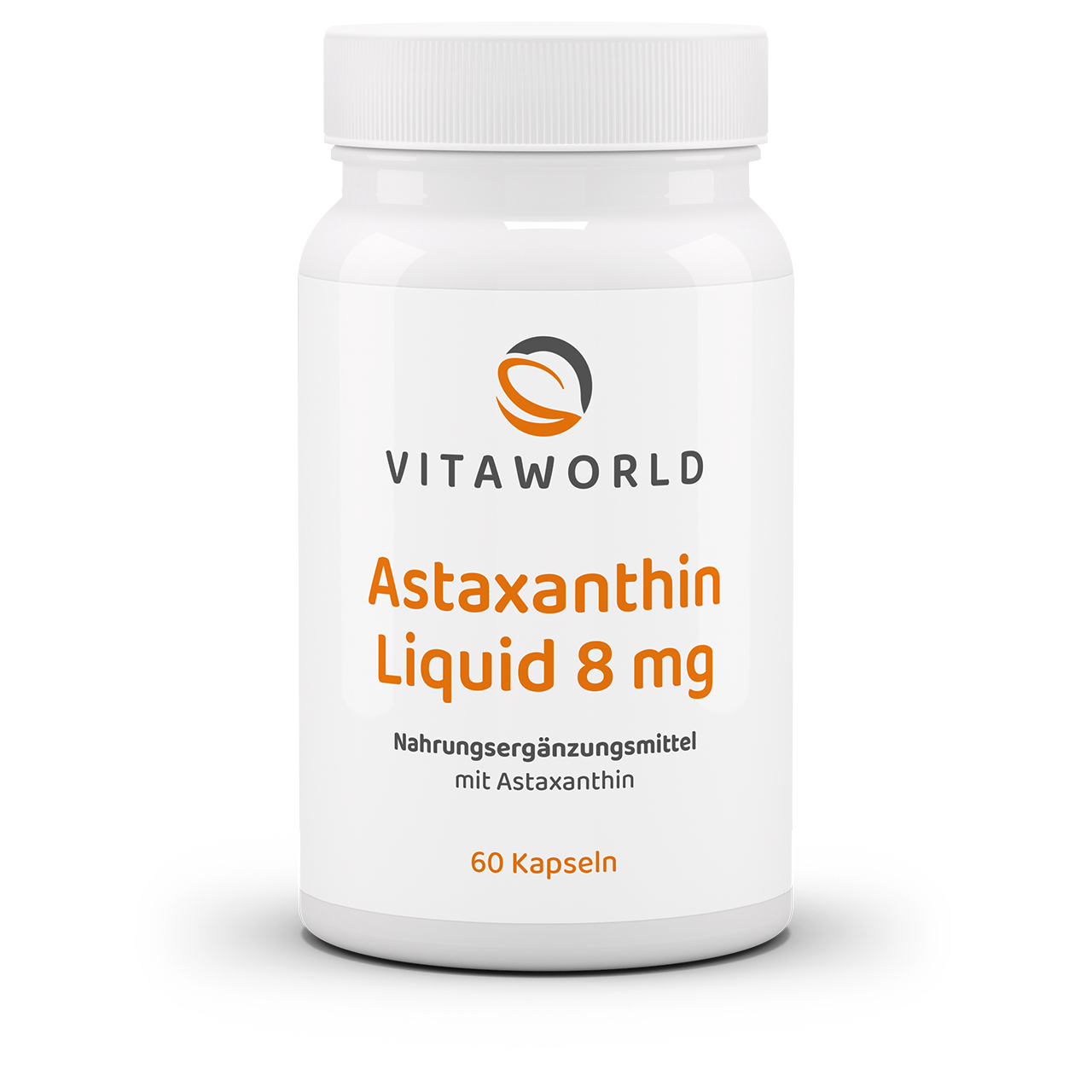
- 100% natural astaxanthin from the microalgae Haematococcus pluvialis
- With MCT oil from coconut – for optimal absorption by the body
- In vegan cellulose capsules – free from animal ingredients
Content: 0.014 Kilogramm (€1,778.57 / 1 Kilogramm)

- Naturally strong – beta-glucan with vitamin C & zinc
- 500 mg beta-glucan – plant-based & high-dose
- Effective synergy – beta-glucan optimally supplemented
Content: 0.212 Kilogramm (€230.66 / 1 Kilogramm)

- Naturally strong – beta-glucan with vitamin C & zinc
- 500 mg beta-glucan – plant-based & high-dose
- Effective synergy – beta-glucan optimally supplemented
Content: 0.0705 Kilogramm (€253.90 / 1 Kilogramm)
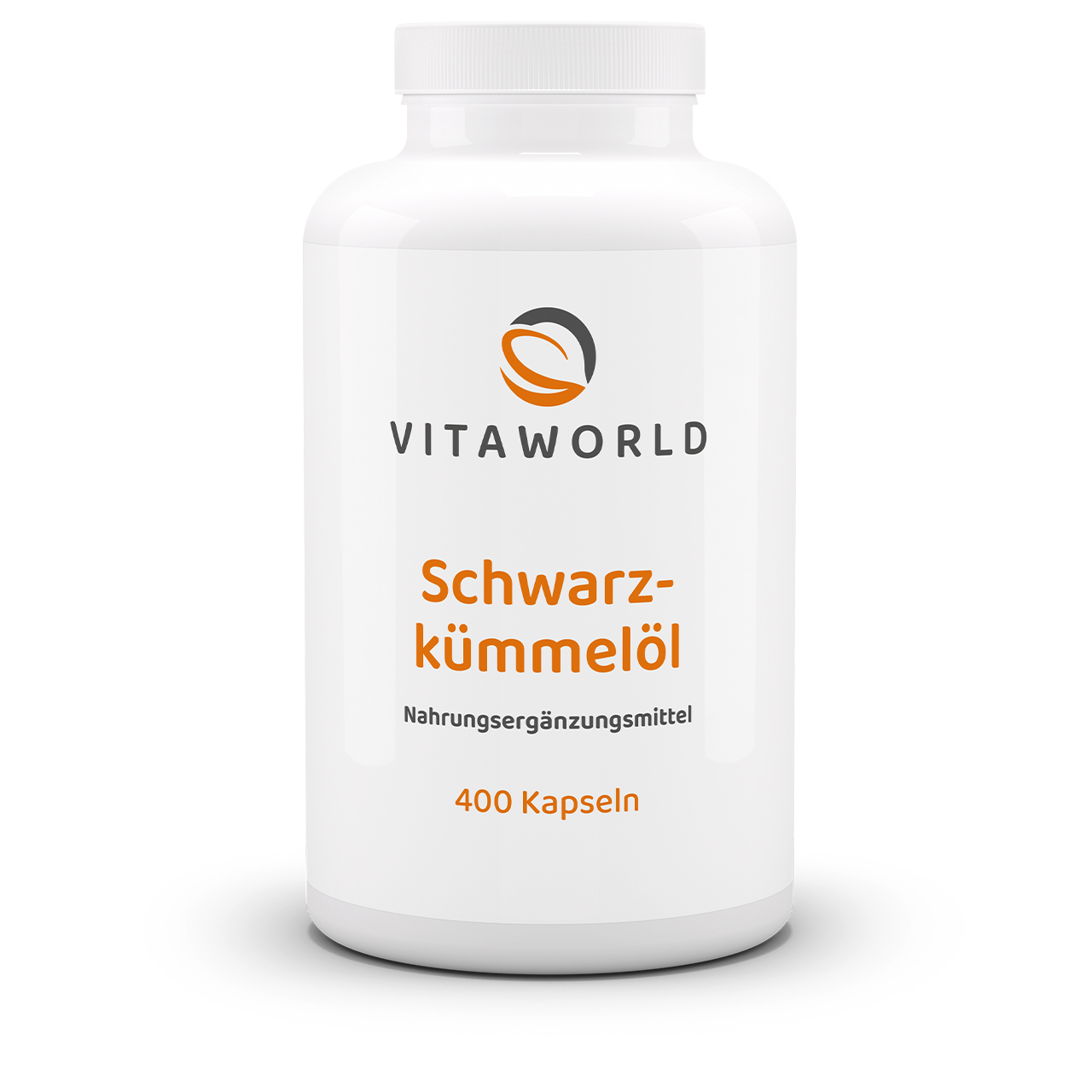
Naturalness in every capsule Our high-quality black cumin oil comes from traditional cultivation in Syria and is gently cold-pressed to best preserve its natural ingredients. Each soft gelatin capsule contains 500 mg of pure black cumin oil, supplemented with natural vitamin E, which helps protect cells from oxidative stress. The practical storage tin contains 400 capsules, providing a convenient long-term supply. Ideal for anyone who values a balanced diet and appreciates natural products. Thanks to the capsule form, the oil is tasteless and easy to dose – perfect for daily use. Black cumin oil has been popular for centuries and is particularly valued for its natural quality. Our oil combines tradition, purity and convenience – a natural addition to your daily routine. Contents Food supplement with black cumin oil and vitamin E 69% black cumin oil (cold-pressed, 50% linoleic acid), capsule shell (cassava (starch), glycerin, water), D-alpha tocopherol Ingredients PRODUCT INFORMATION PER 2 CAPSULES %NRV* Black Cumin oil 1000 mg ** Vitamin E (mg α-TE) 10 mg 84 %* Nutrient reference value (NRV) according to Regulation (EU) No. 1169/2011**No NRV available.
Content: 0.291 Kilogramm (€6.93 / 0.1 Kilogramm)
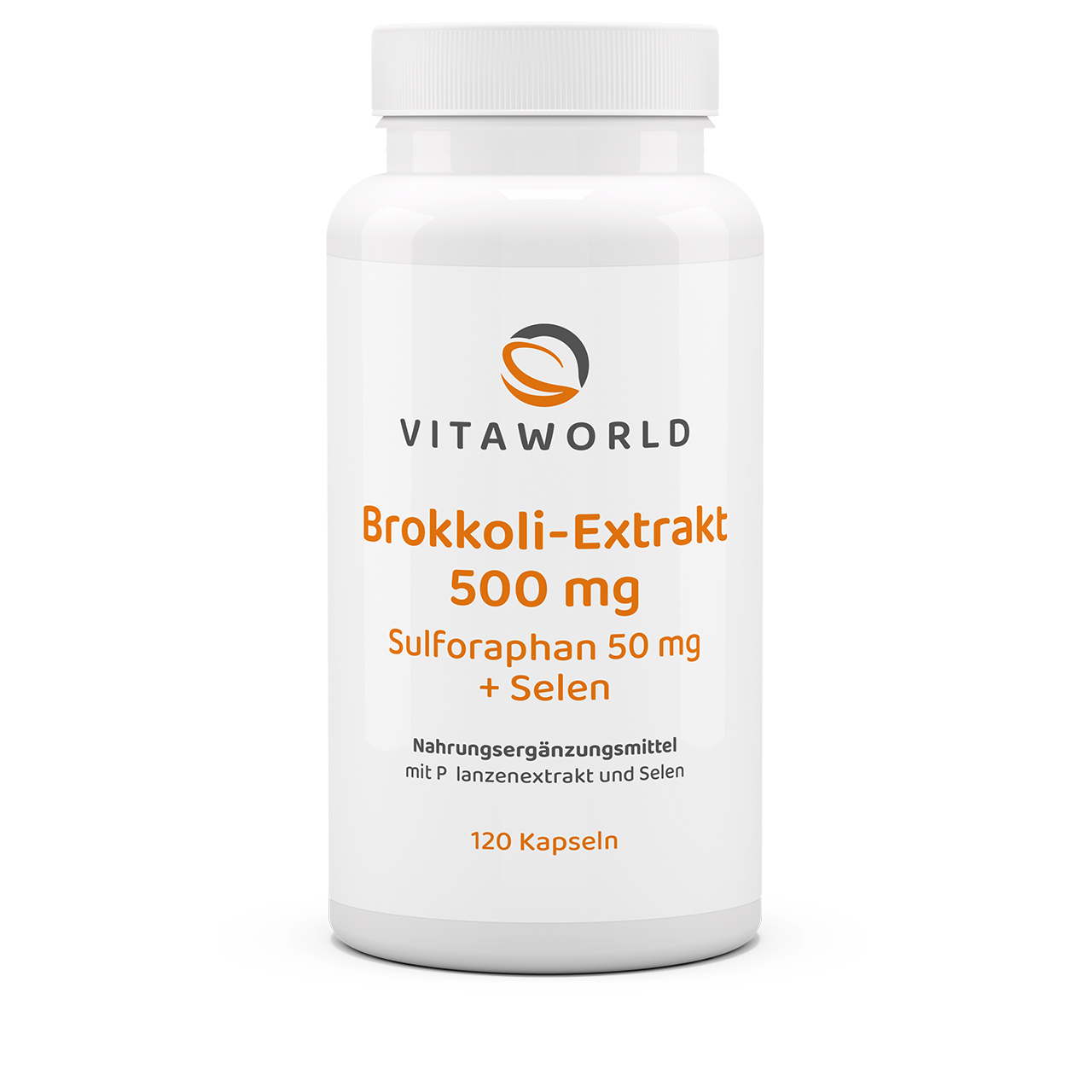
- The secret of broccoli sprouts: 50 mg of natural sulforaphane
- Plant synergy – broccoli extract combined with 55 µg of selenium per capsule
- More than just a vegetable: supplemented with selenium to protect against oxidative stress
Content: 0.0549 Kilogramm (€635.70 / 1 Kilogramm)
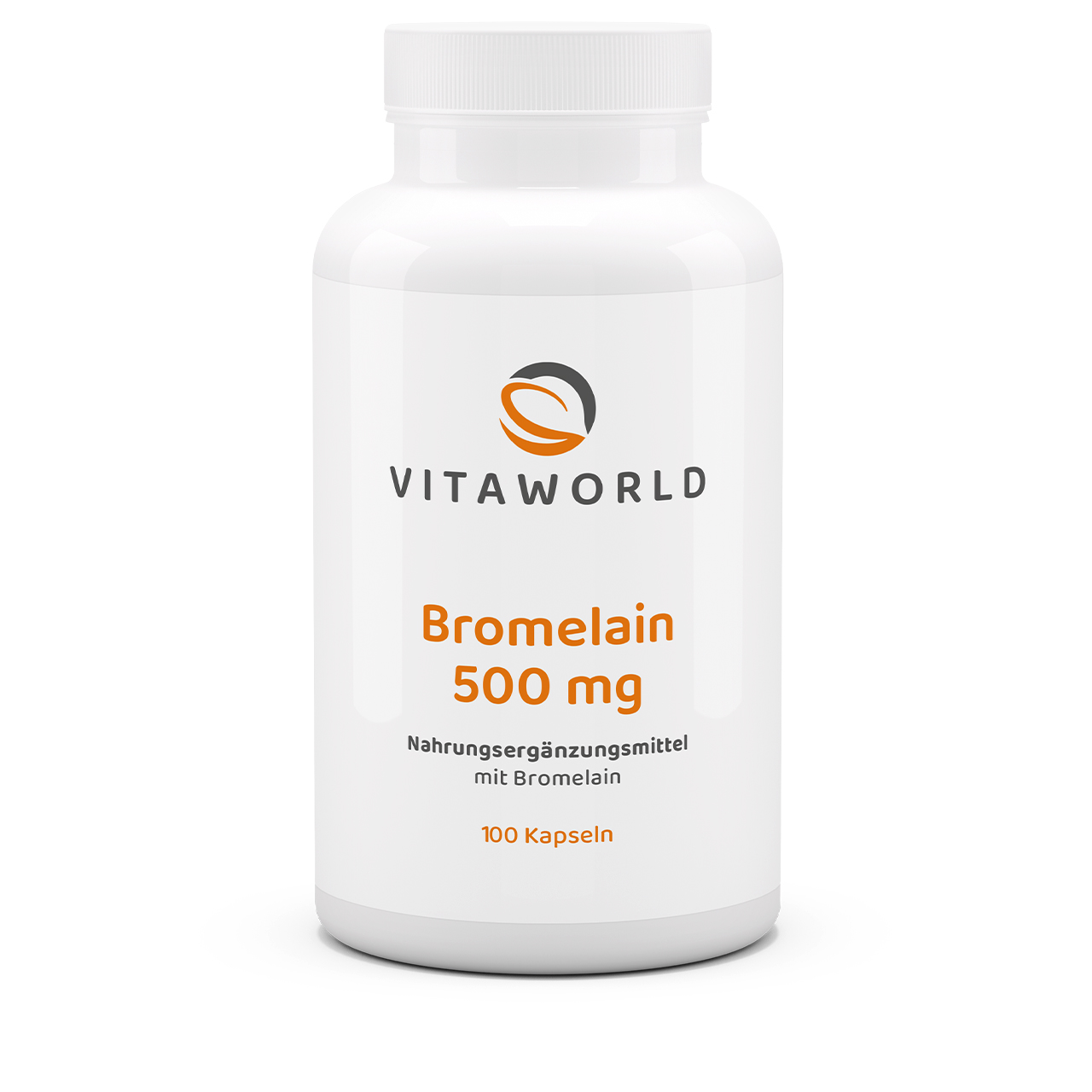
- Bromelain – 500 mg protein-splitting enzyme from pineapple
- Naturally sourced from pineapple – 500 F.I.P. bromelain per daily dose
- Plant enzyme power – concentrated bromelain from pineapple stem
Content: 0.07 Kilogramm (€241.43 / 1 Kilogramm)

- Wild harvested: High-quality chaga from natural forests in the northern hemisphere
- Compact & powerful: 500 mg concentrated extract per capsule – ideal for modern use
- Tradition meets quality: Valued for centuries – now available as a standardised extract
Content: 0.062 Kilogramm (€320.97 / 1 Kilogramm)
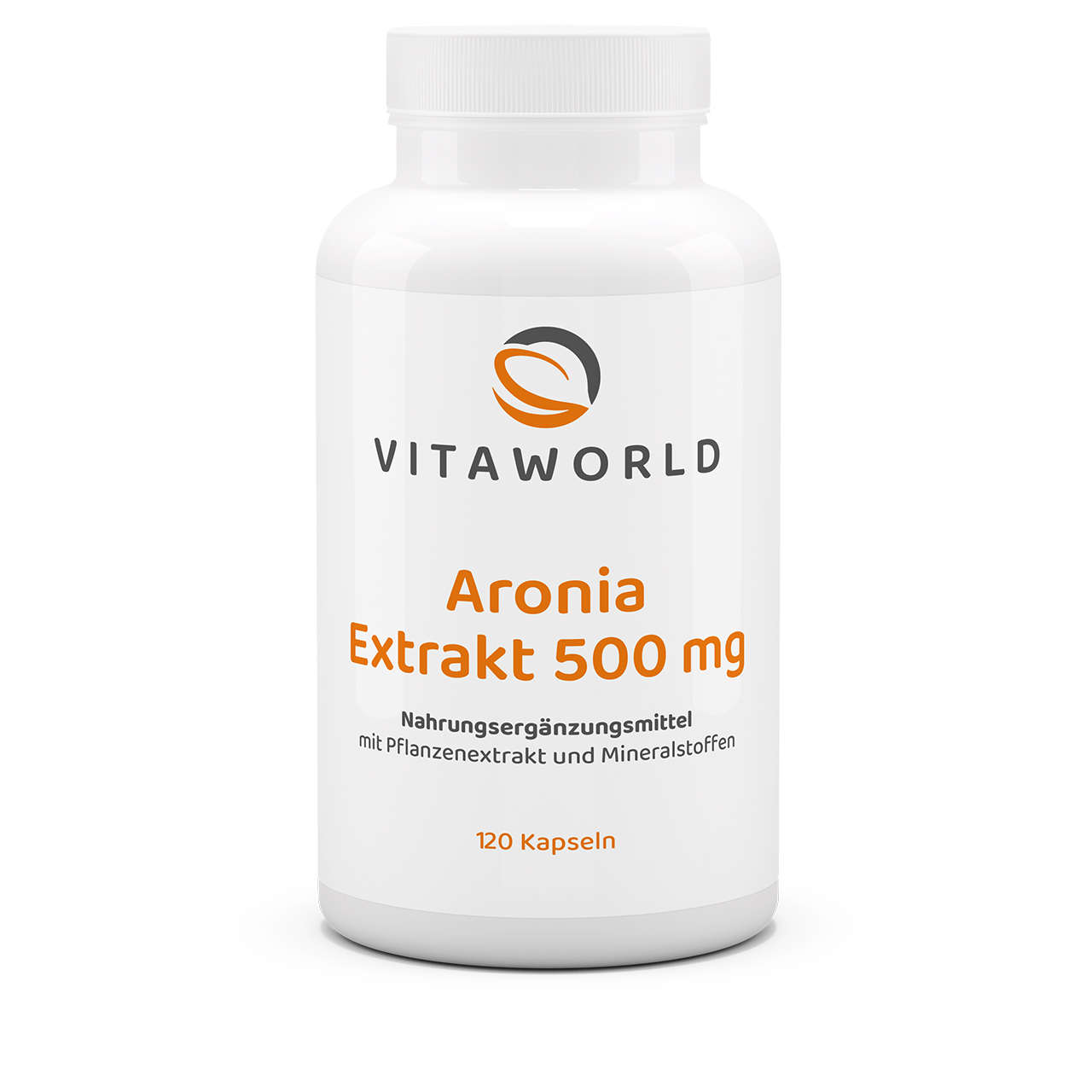
- Power from aronia berries – naturally rich in OPC
- with zinc and selenium – two essential trace elements
- pure aronia – traditionally valued, modern combination
Content: 0.088 Kilogramm (€214.77 / 1 Kilogramm)

- Mediterranean plant: Cistus incanus – valued for centuries in the Mediterranean region
- Powerful combination: 1000 mg cistus + zinc per daily dose – naturally supplemented
- With zinc for the immune system: Contributes to normal immune system function and cell protection
Content: 0.037 Kilogramm (€402.70 / 1 Kilogramm)
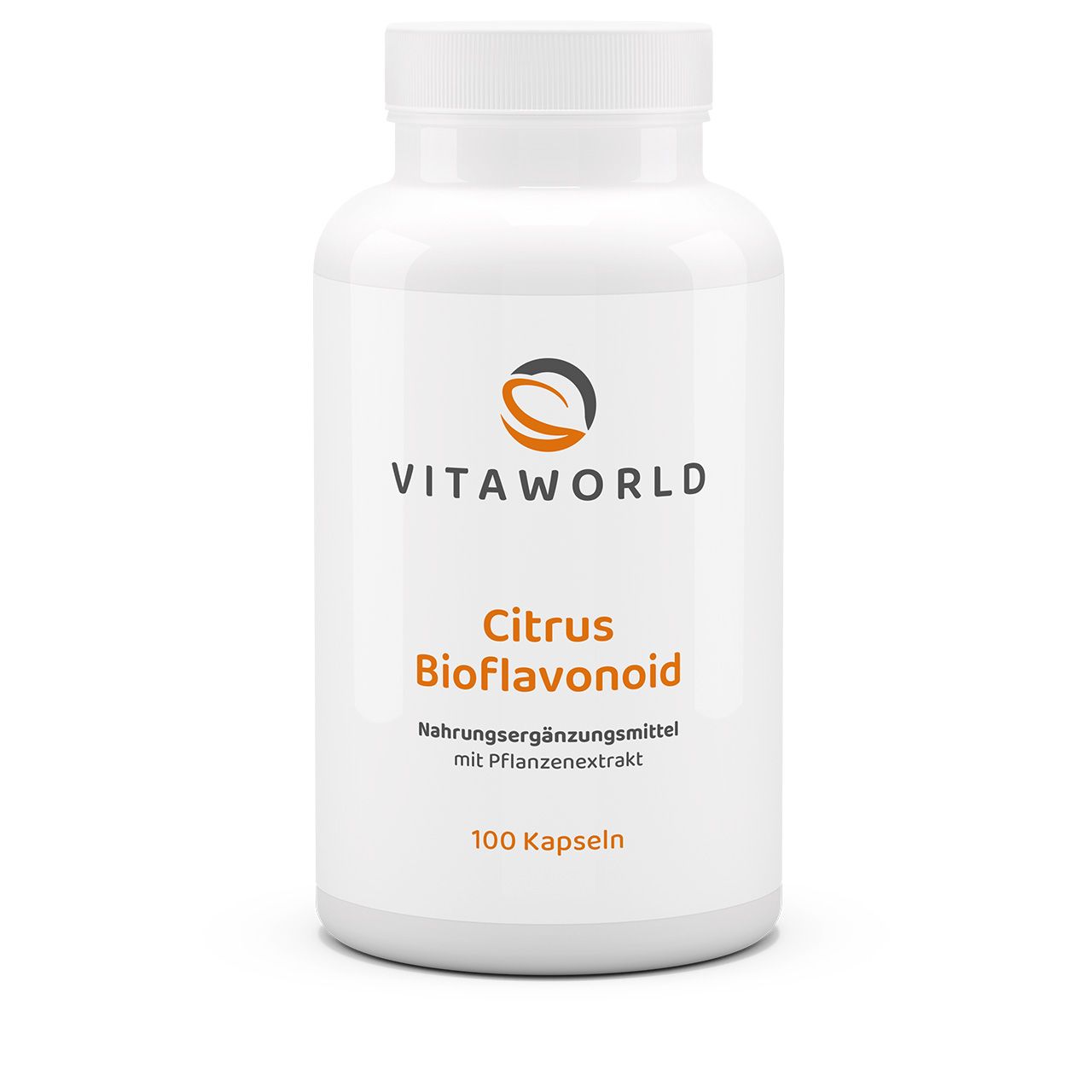
- Natural hesperidin from bitter orange (465 mg) - Concentrated source of valuable citrus bioflavonoids
- Natural plant power - ideal in combination with vitamin C
- Important supplement - citrus bioflavonoids cannot be produced by the body itself
Content: 0.064 Kilogramm (€232.81 / 1 Kilogramm)
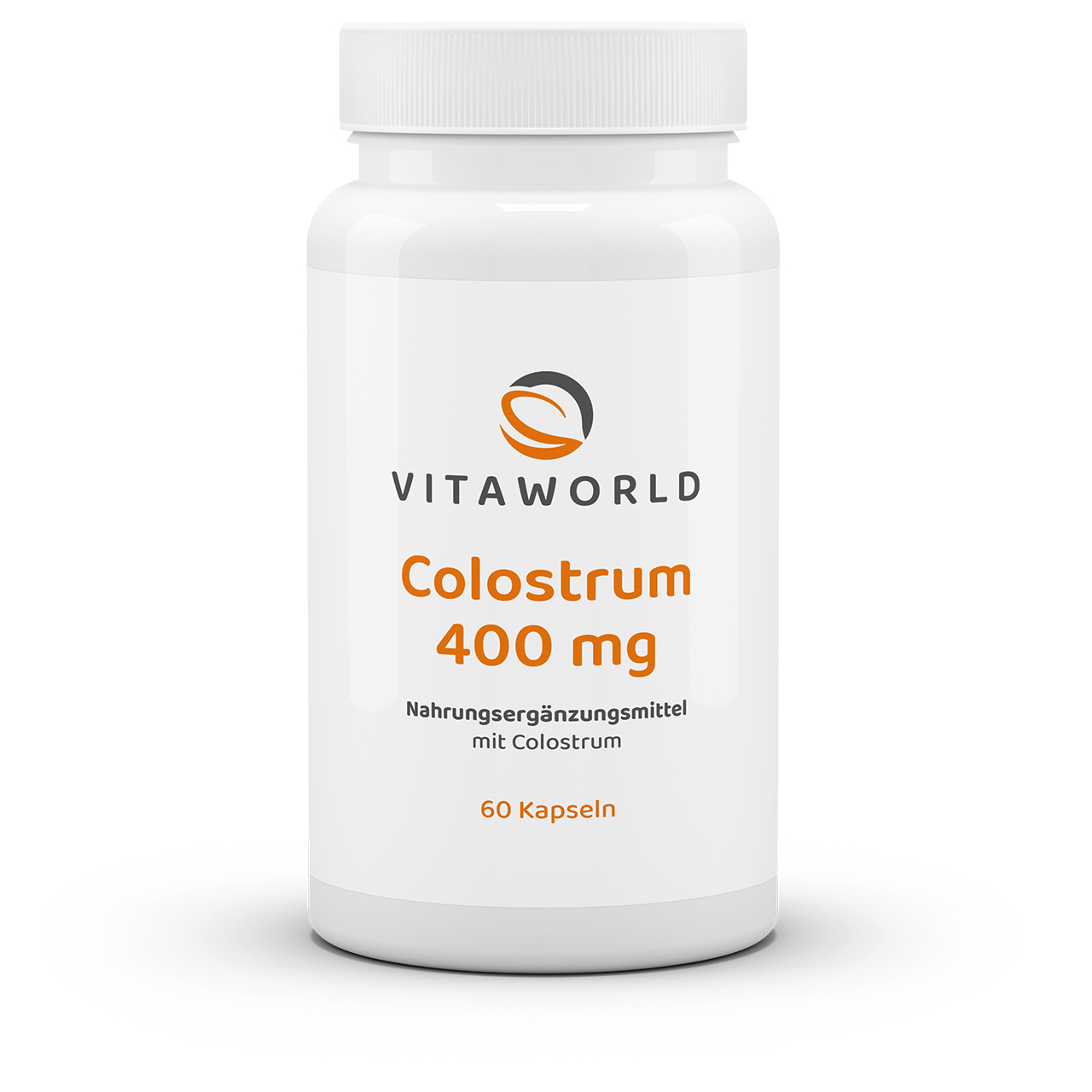
- First milk, full strength: Contains 400 mg of colostrum per capsule, obtained in the first 24 hours after calving
- Natural ingredients: Rich in natural immune factors and 160 mg of immunoglobulin per daily intake
- Rich in nutrients: Colostrum contains a variety of proteins, enzymes, vitamins and amino acids
Content: 0.0297 Kilogramm (€569.02 / 1 Kilogramm)

- Powerful combination: cranberry with 25% PAC, 500 mg D-mannose & L-methionine
- Naturally supplemented: D-mannose – a component of the cell membrane in the urinary tract
- With zinc for the immune system.
Content: 0.072 Kilogramm (€276.39 / 1 Kilogramm)

- Pure berry power: 400 mg cranberry powder per capsule
- With vitamin C: 75 mg per capsule – to support the immune system
- Ideal for every day: A fruity supplement for your daily routine
Content: 0.102 Kilogramm (€195.10 / 1 Kilogramm)
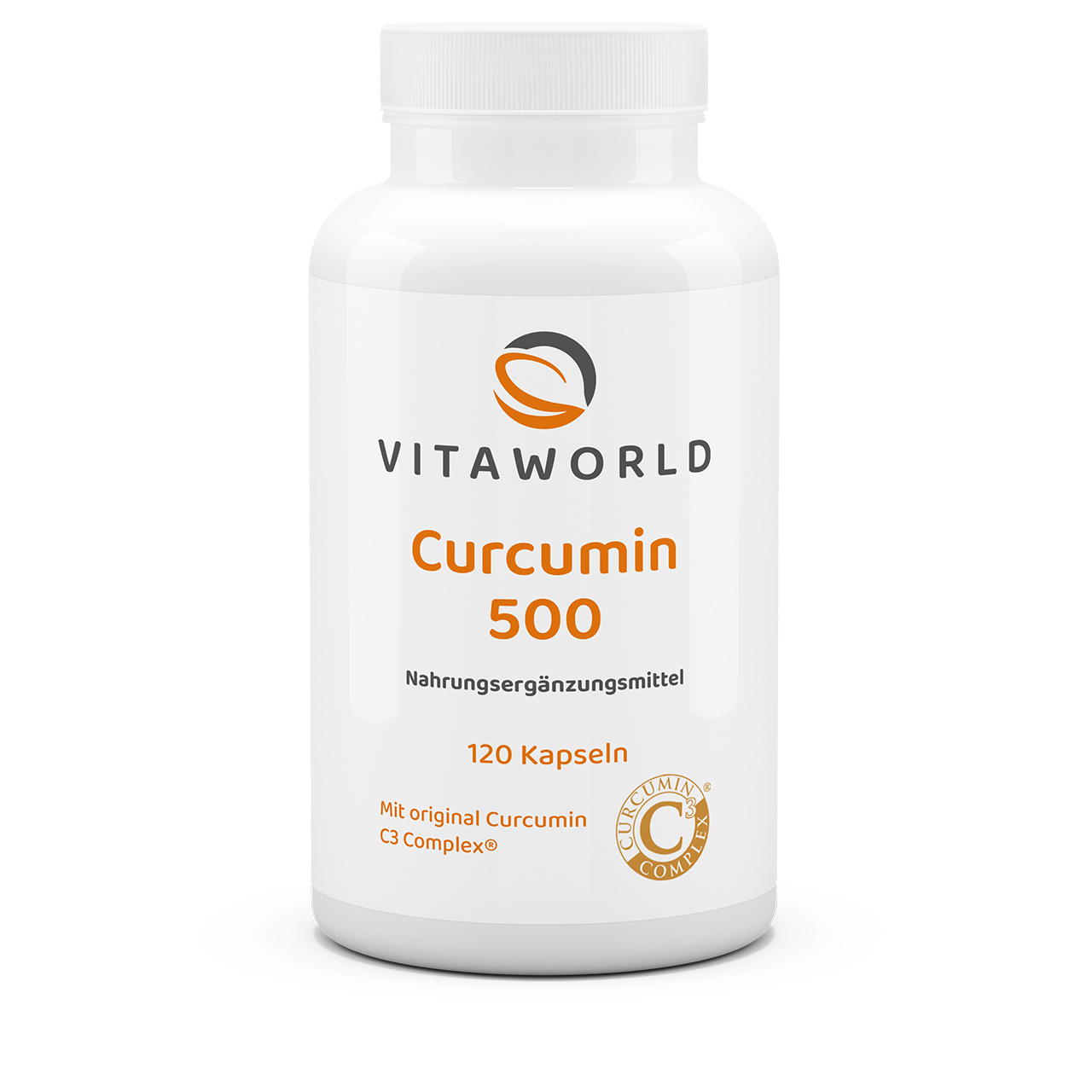
- Premium quality: With the original Curcumin C3 Complex® – 500 mg curcuminoids per capsule
- Improved absorption: Contains 10 mg piperine from black pepper
- Powerful plant power: Proven tradition – newly combined for your everyday life
Content: 0.0786 Kilogramm (€380.41 / 1 Kilogramm)
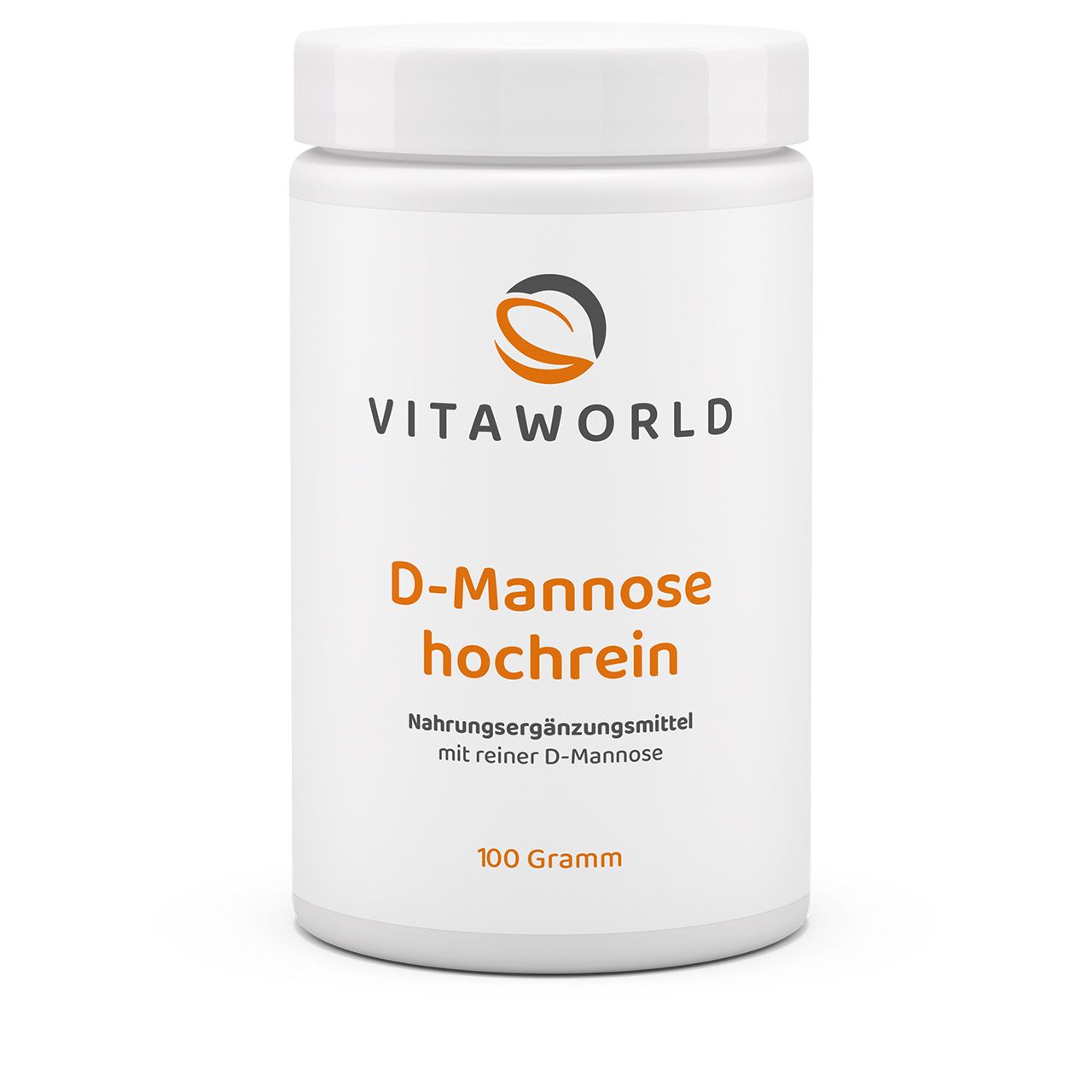
- 100% pure: D-mannose from corn – no additives
- Naturally occurring & plant-based: natural monosaccharide and cell component
- Particularly usable: slow absorption, easily soluble
Content: 0.1 Kilogramm (€219.00 / 1 Kilogramm)
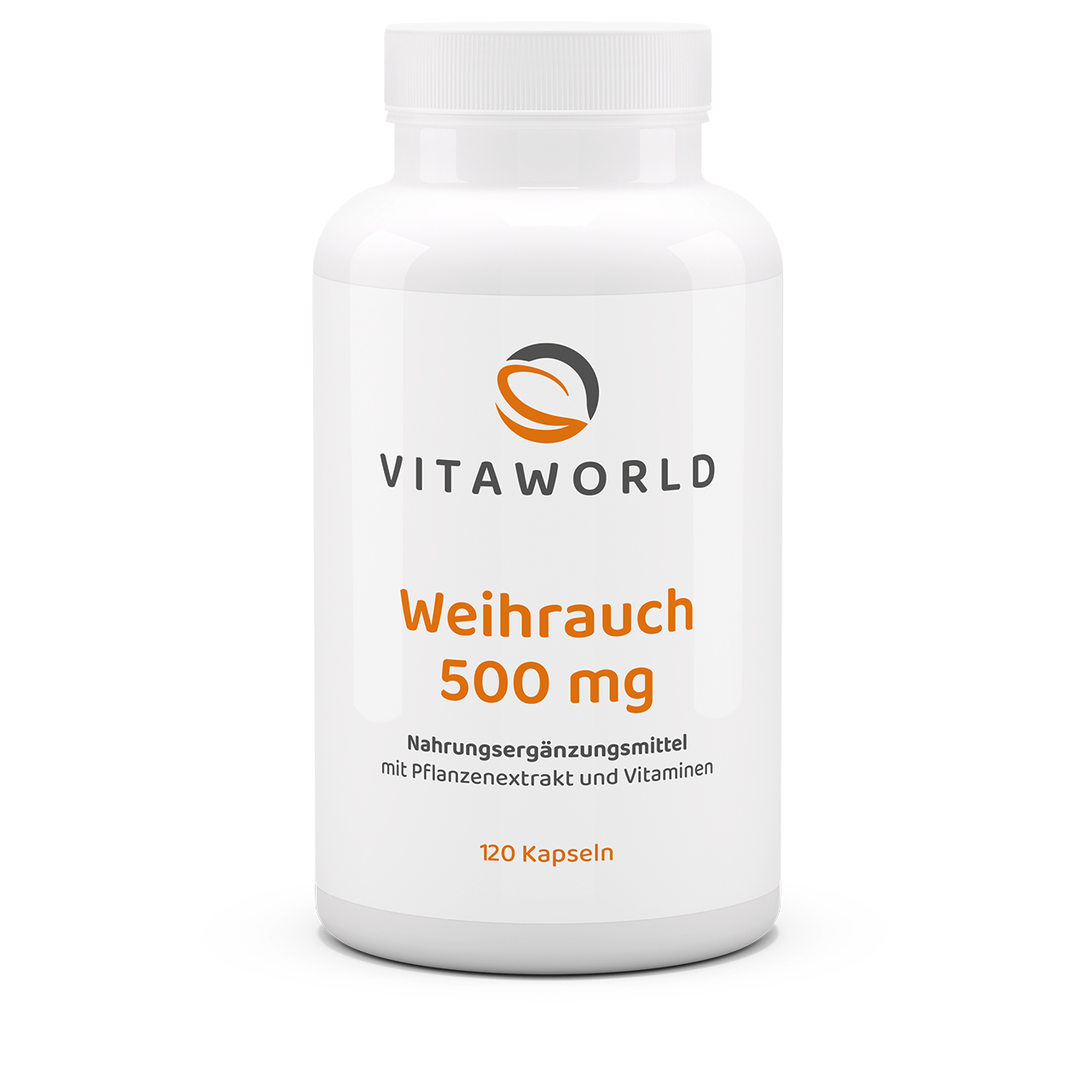
- Original Boswellin® – inspired by the power of traditional incense
- 350 mg boswellic acid per capsule – naturally highly concentrated
- With B1, B2 & B6 – for more ease on busy days
Content: 0.0756 Kilogramm (€223.54 / 1 Kilogramm)
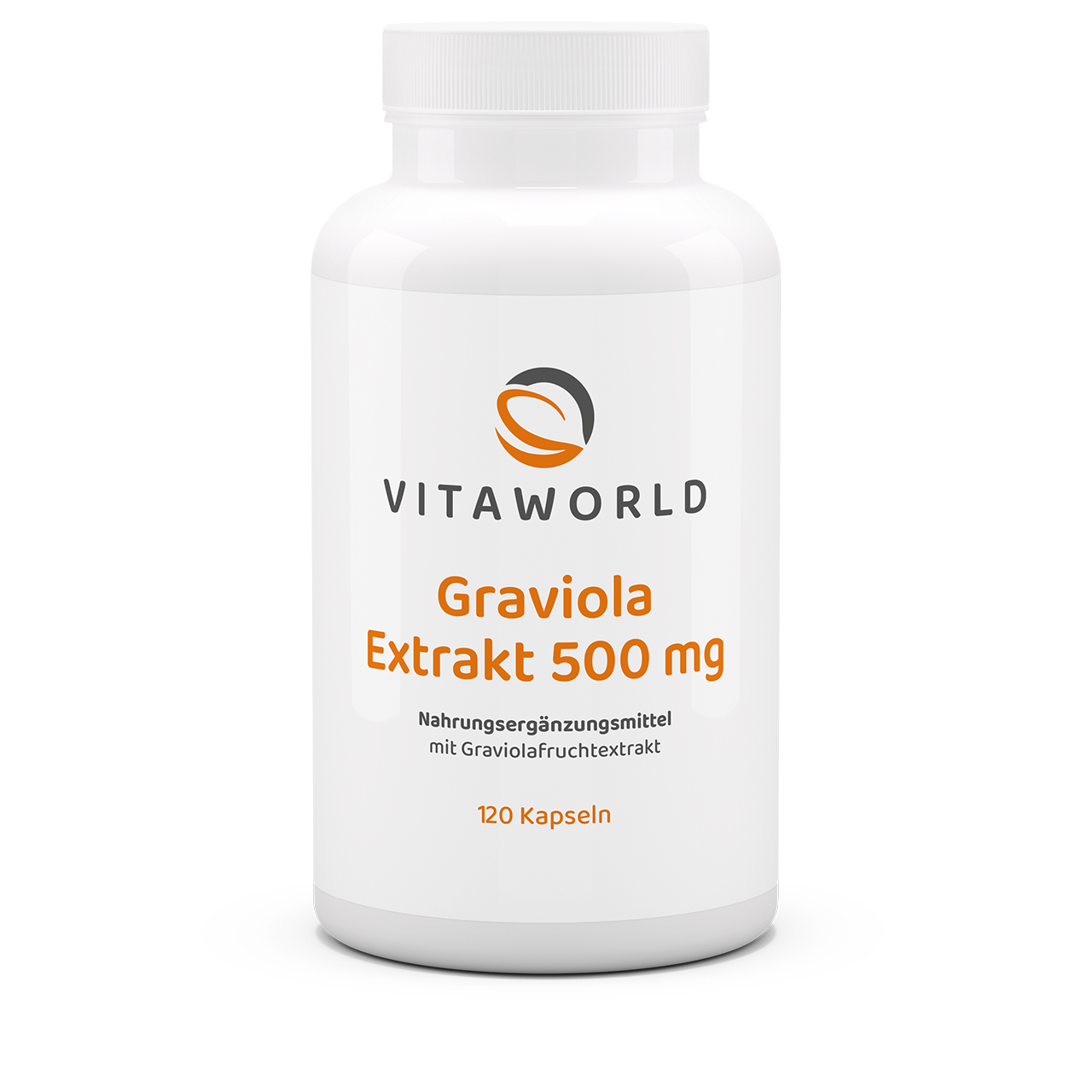
- Highly concentrated 10:1 fruit extract – 1000 mg of graviola power per day
- Tradition meets modernity – inspired by the use of graviola by indigenous peoples of South America
- Pure and high-quality processing – obtained only from selected graviola fruits
Content: 0.0662 Kilogramm (€330.82 / 1 Kilogramm)

- Highly concentrated 10:1 fruit extract – 1000 mg of graviola power per day
- Tradition meets modernity – inspired by the use of graviola by indigenous peoples of South America
- Pure and high-quality processing – obtained only from selected graviola fruits
Content: 0.199 Kilogramm (€260.80 / 1 Kilogramm)
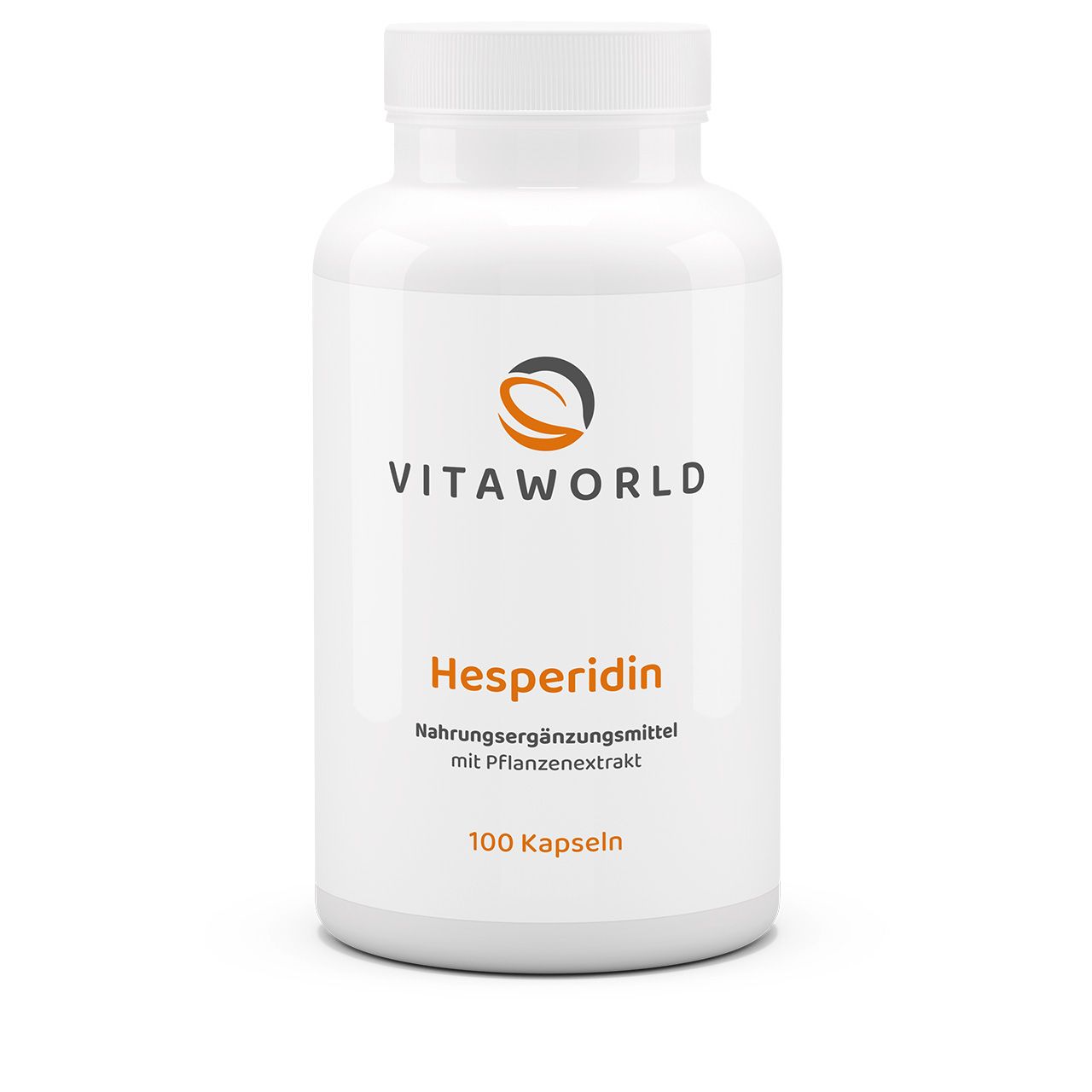
- Natural hesperidin from bitter orange (465 mg) - Concentrated source of valuable citrus bioflavonoids
- Natural plant power - Ideal in combination with vitamin C
- Important supplement - Citrus bioflavonoids cannot be produced by the body itself
Content: 0.064 Kilogramm (€232.81 / 1 Kilogramm)
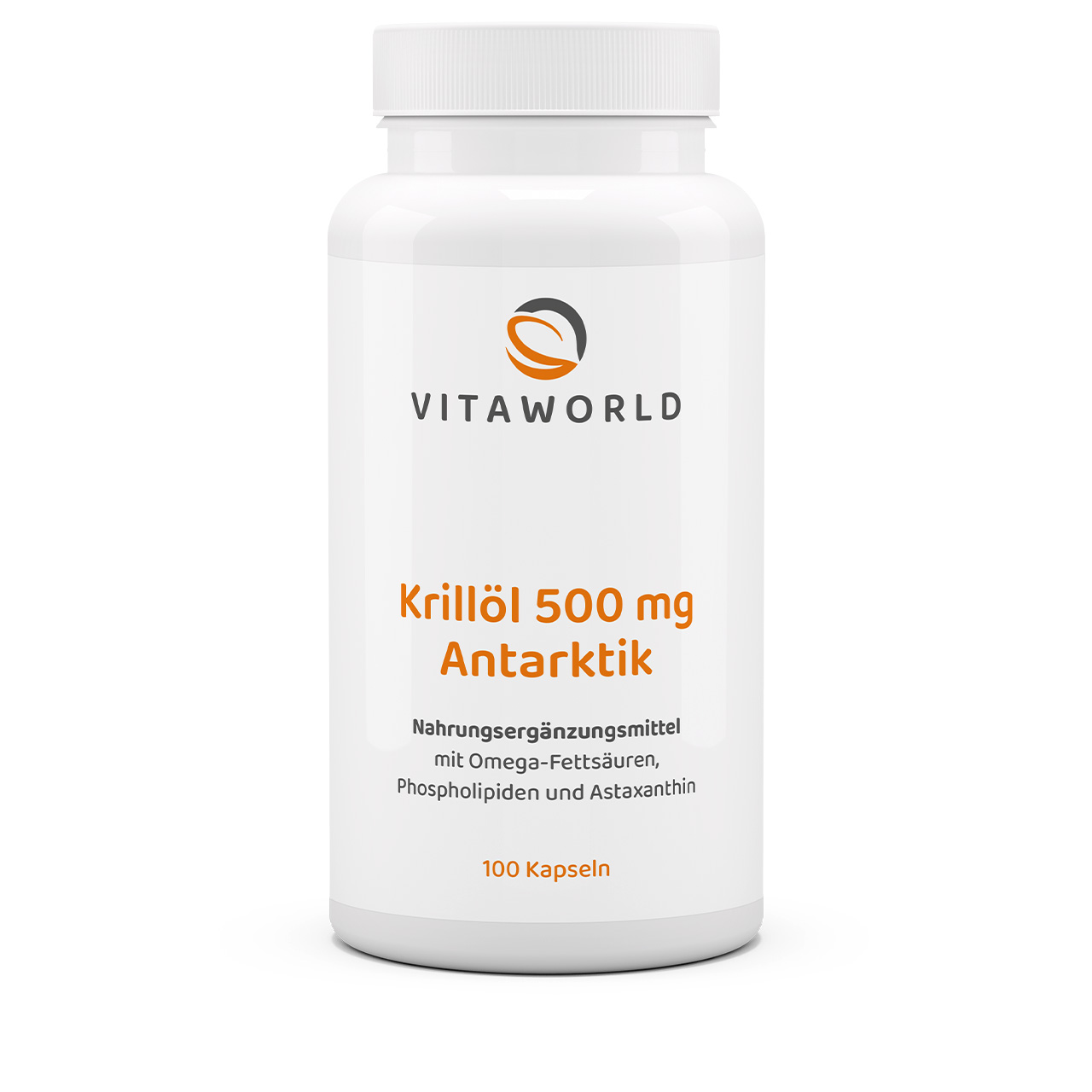
- Superba™ krill oil with MSC certification – sustainably sourced from Antarctic krill
- With 200 mg omega-3 and 400 mg phospholipids – for optimal bioavailability
- Contains choline and astaxanthin – choline contributes to normal fat metabolism
Content: 0.072 Kilogramm (€345.83 / 1 Kilogramm)
